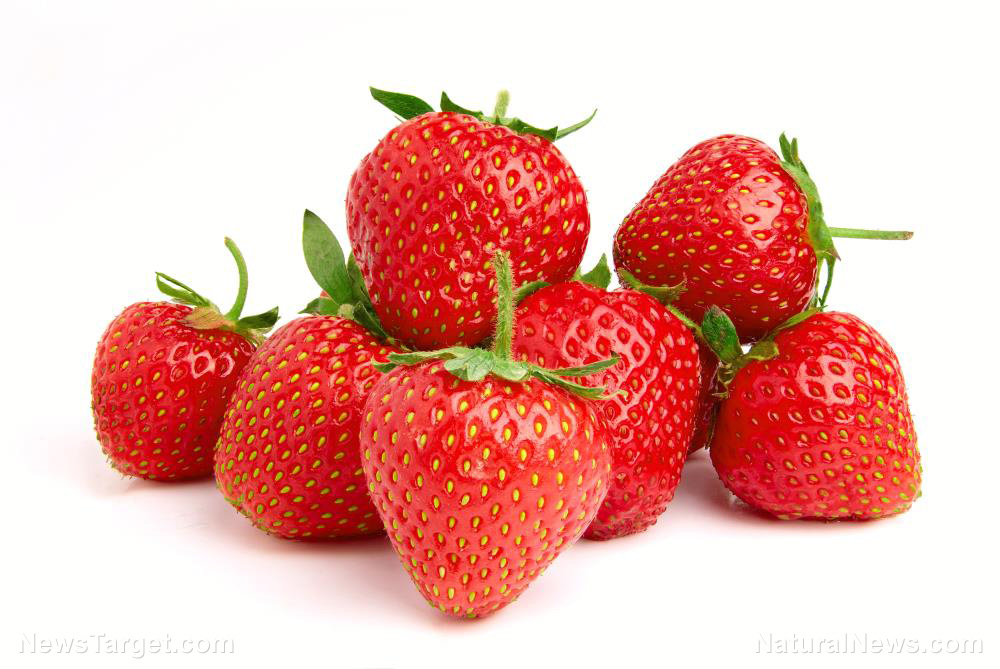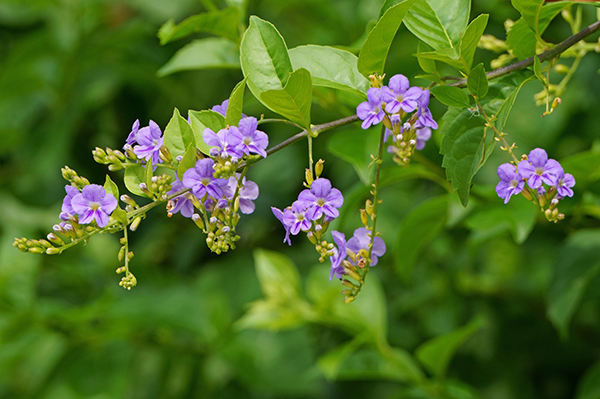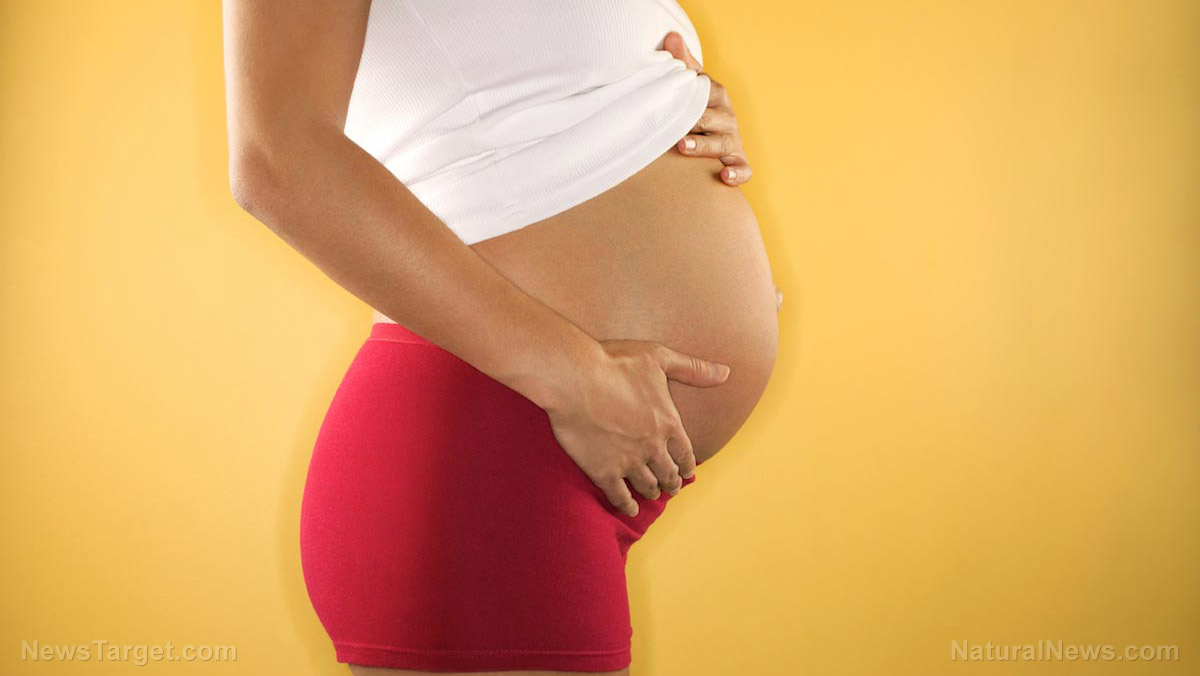Researchers examine the potential of curcumin and fish oil supplementation for muscle response during unloading state
01/21/2020 / By Ralph Flores

In a study, researchers from Texas A&M University investigated the effects of combining fish oil and curcumin on skeletal muscle formation and stress response proteins during mechanical unloading. They published their findings in Nutrition Research.
- Skeletal muscles are capable of remodeling, in particular, after dynamic stress is applied.
- However, force production in muscle is impaired, due to the loss of muscle cross-sectional area (CSA), during an unloaded state.
- An unloaded state also causes muscles to shift from slow- to fast-twitch fibers. It also causes downregulation in heat shock proteins and anabolic signaling.
- Researchers showed the causal relationship between reactive oxygen species and alterations in Akt and FoxO3a phosphorylation, muscle fiber atrophy and fiber-type shift due to muscle unloading.
- To note, fish oil and curcumin are known to enhance anabolic signaling, glutathione levels and heat shock proteins.
- Researchers used C57BL/6 mice for the study, grouping them into three, namely: ambulatory control, hindlimb unloading and hindlimb unloading with 5 percent fish oil and 1 percent curcumin in diet. For the third group, these were fed with fish oil and curcumin 10 days prior to unloading. Tissues were extracted from all groups after 7 days.
- Mice treated with fish oil and curcumin had lesser CSA loss compared to the control group. In addition, those in the treatment group had increased levels of HSP70 and anabolic signaling.
In sum, supplementing with a combination of fish oil and curcumin can prevent muscle atrophy from being in an unloaded state.
Journal Reference:
Lawler JM, Garcia-Villatoro EL, Guzzoni V, Hord JM, Botchlett R, Holly D, Lawler MS, Gomes MJ, Ryan P, Rodriguez D, et al. EFFECT OF COMBINED FISH OIL & CURCUMIN ON MURINE SKELETAL MUSCLE MORPHOLOGY AND STRESS RESPONSE PROTEINS DURING MECHANICAL UNLOADING. Nutrition Research. May 2019;65:17–28. DOI: 10.1016/j.nutres.2018.12.013
Tagged Under: curcumin, Fish Oil, foodscience, muscle unloading, supplements, turmeric



















